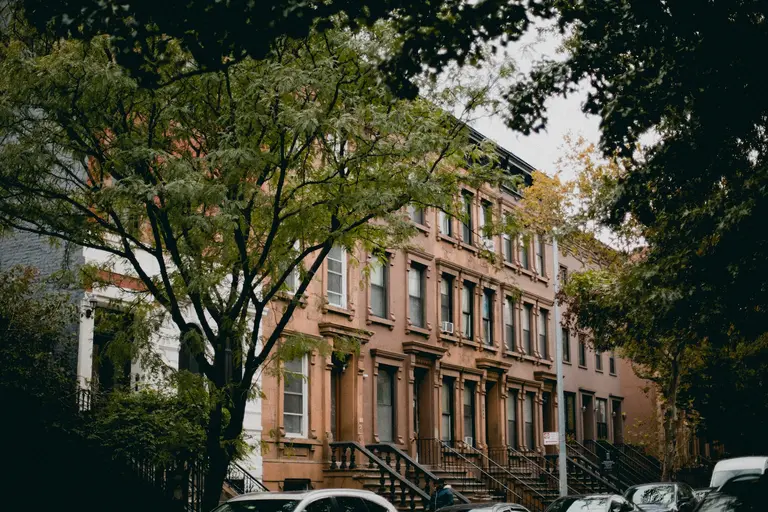
Photo by Rachel Martin on Unsplash
NYC property tax has risen disproportionately for working-class homeowners, report finds
learn more

Photo by Rachel Martin on Unsplash
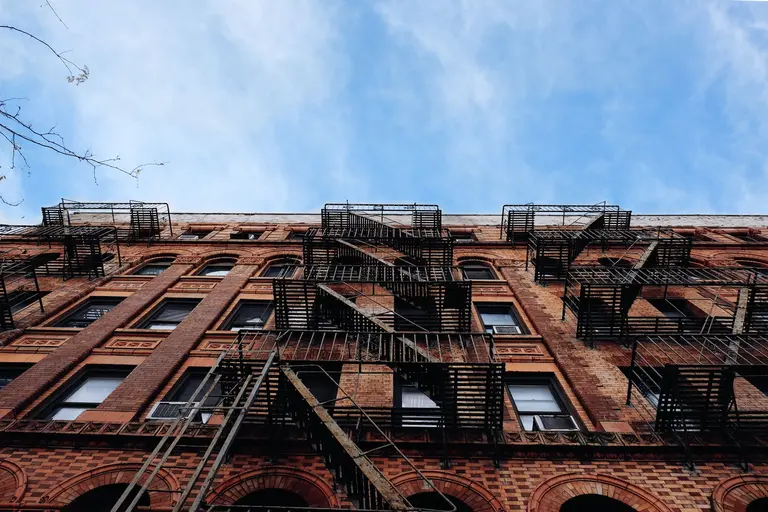
Photo by Daryan Shamkhali on Unsplash
Photo by Daniel Lee on Unsplash
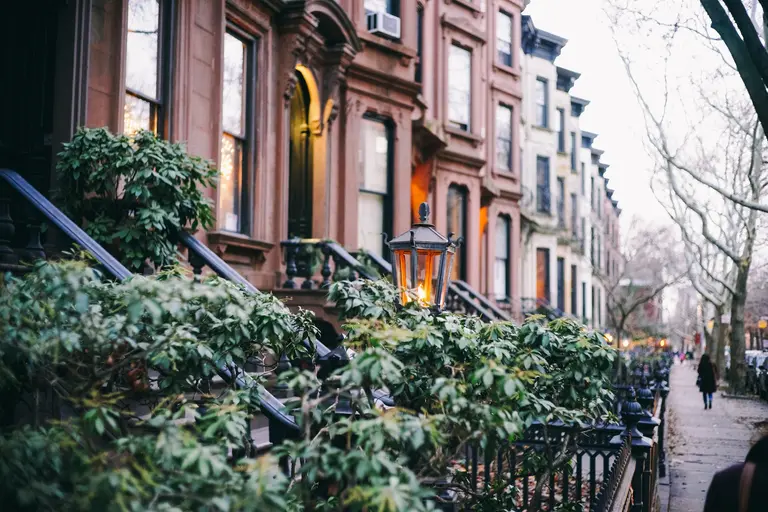
Photo of Park Slope brownstones by Josh Wilburne on Unsplash
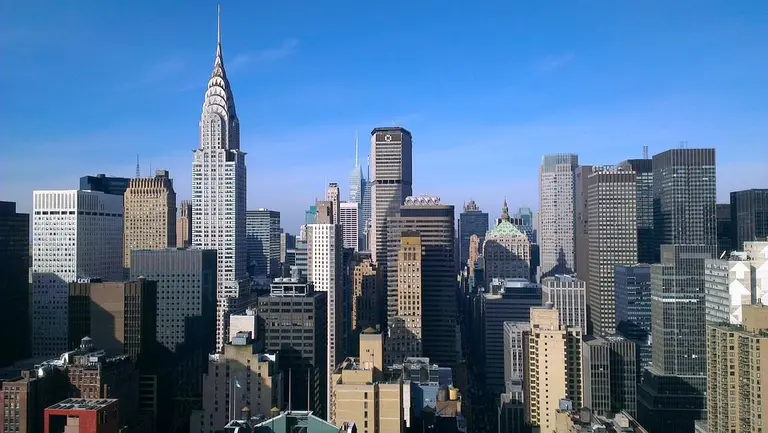
Photo via Creative Commons
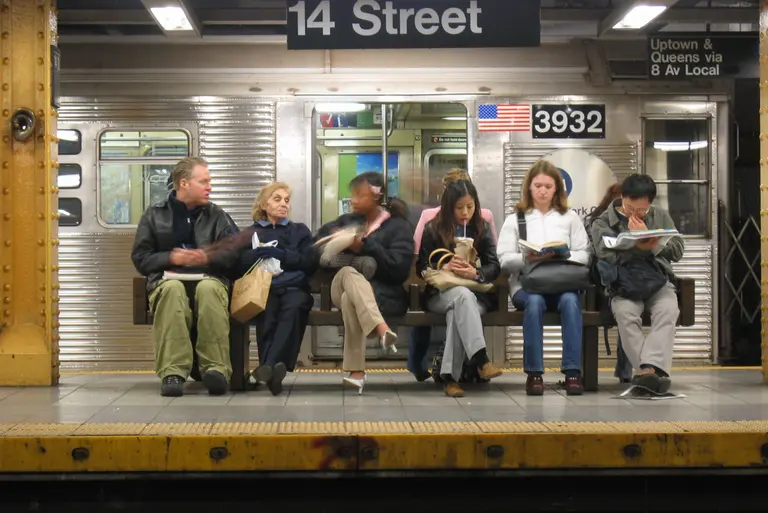
Via Flickr









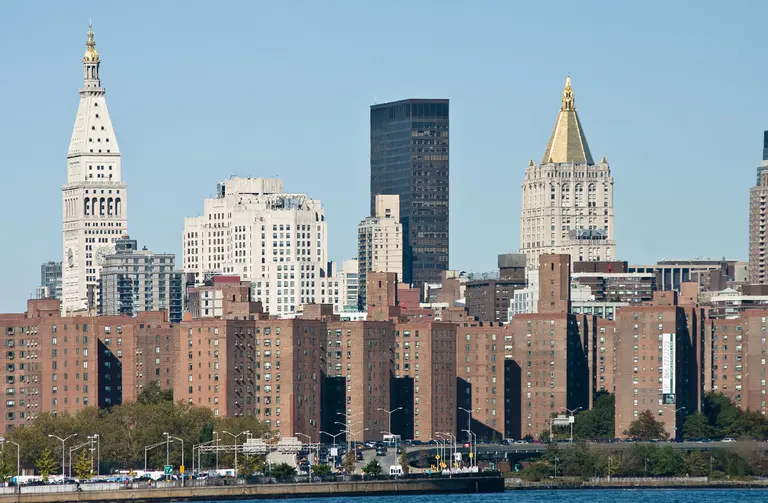
Photo by Dan DeLuca/Flickr
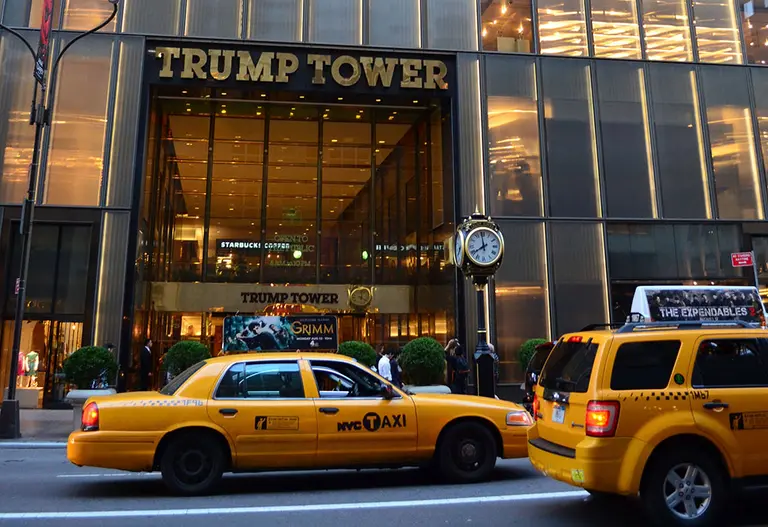
Photo of Trump Tower courtesy of Krystal T’s Flickr
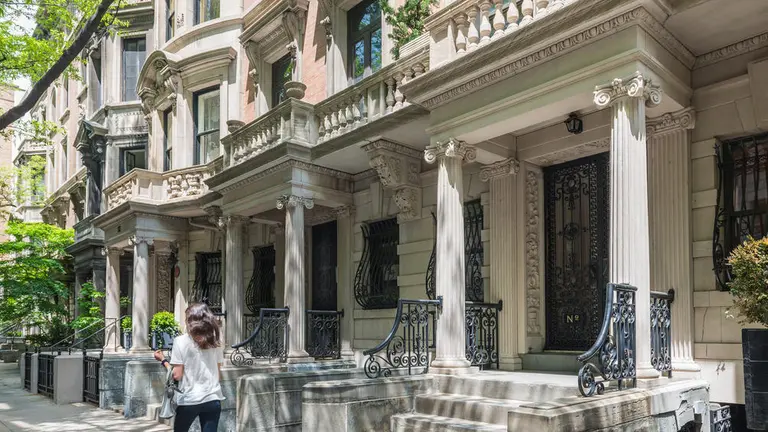
The Upper East Side, where the most $5 million + homes are located, via CityRealty